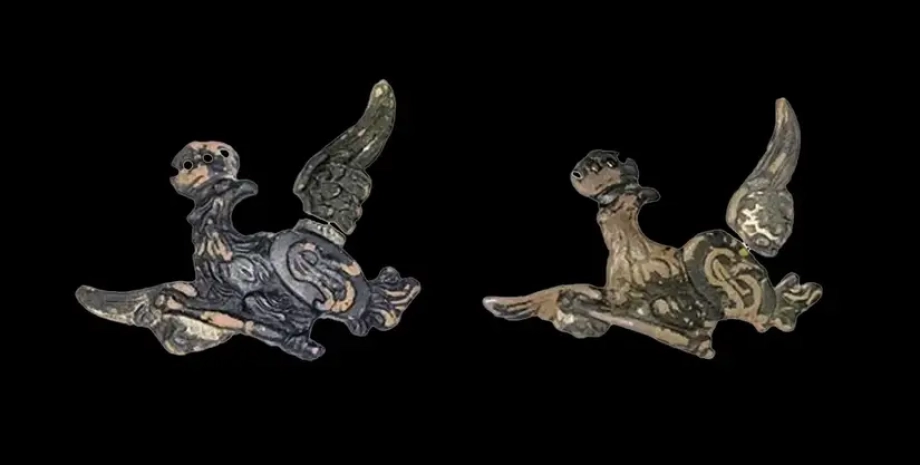
In this battle, the troops of the Commonwealth faced the troops of the Targovich Confederation and the Russian Empire, Heritage Daily writes. In focus, technology appeared its Telegram channel. Subscribe to not miss the latest and most intrusive news from the world of science! General Tadeusz Kostyushko headed the Polish rear detachment, which was to stop the offensive of the Russians on the Bug River near Dubenka.
Despite the significant numerical advantage of the enemy (only 5,300 Polish soldiers against 25,000 Russian troops, headed by General Mikhail Kakhovsky), Kostyushka's troops kept their positions within five hours, forcing the Russians to retreat, after the loss of 4,000 soldiers. However, the troops of Kostyushko were forced to retreat from the held positions due to the lack of stocks.
Shortly after the battle, Poland capitulated under pressure from the Russian Empire, joining the Targovytsky Confederation. During recent excavations, archaeologists have discovered two emblems in the form of eagles with a monograms "SAR" (Stanislaus augustus rex), which originated since the time of the first Polish Republic. These emblems, traditionally worn on soldiers' caps, confirm the presence of Polish royal troops in the area.
Archaeologist Martin Pyotrovsky noted that only one similar artifact was found in Poland, which indicates the rarity of such findings. The excavations also managed to detect about 1000 artifacts, including cannon nuclei, balls, coins, belt buckles and decorative buttons. These findings helped archaeologists reconstruct the movement of soldiers, which made it possible to understand the dynamics of the battle of Dubenka more deeply.










All rights reserved IN-Ukraine.info - 2022